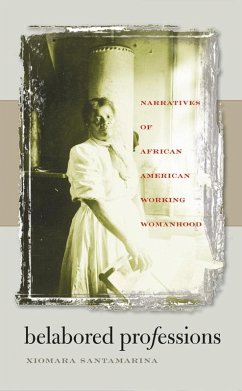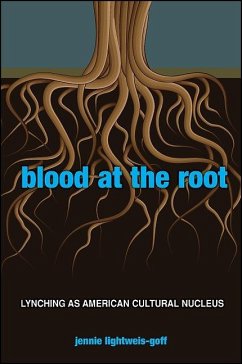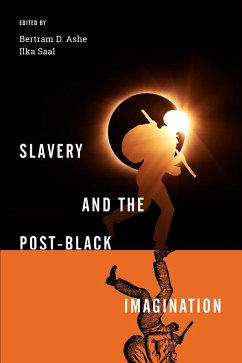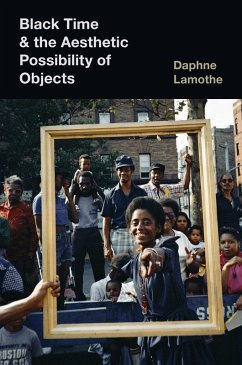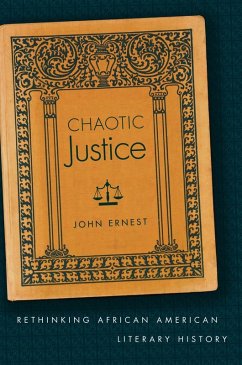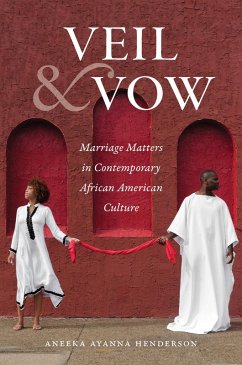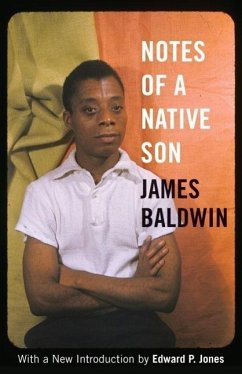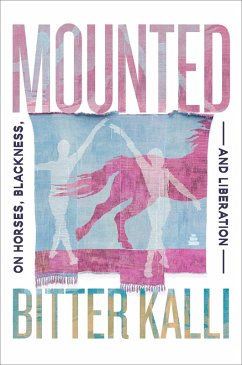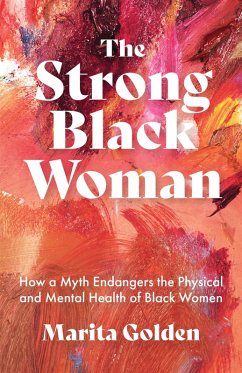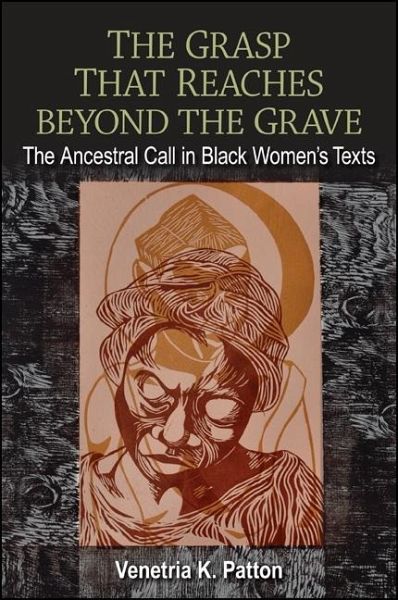
The Grasp That Reaches beyond the Grave (eBook, ePUB)
The Ancestral Call in Black Women's Texts

PAYBACK Punkte
13 °P sammeln!
Explores Black women writers' treatment of the ancestor figure.The Grasp That Reaches beyond the Grave investigates the treatment of the ancestor figure in Toni Cade Bambara's The Salt Eaters, Paule Marshall's Praisesong for the Widow, Phyllis Alesia Perry's Stigmata and A Sunday in June, Toni Morrison's Beloved, Tananarive Due's The Between, and Julie Dash's film, Daughters of the Dust in order to understand how they draw on African cosmology and the interrelationship of ancestors, elders, and children to promote healing within the African American community. Venetria K. Patton suggests that ...
Explores Black women writers' treatment of the ancestor figure.
The Grasp That Reaches beyond the Grave investigates the treatment of the ancestor figure in Toni Cade Bambara's The Salt Eaters, Paule Marshall's Praisesong for the Widow, Phyllis Alesia Perry's Stigmata and A Sunday in June, Toni Morrison's Beloved, Tananarive Due's The Between, and Julie Dash's film, Daughters of the Dust in order to understand how they draw on African cosmology and the interrelationship of ancestors, elders, and children to promote healing within the African American community. Venetria K. Patton suggests that the experience of slavery with its concomitant view of black women as "natally dead" has impacted African American women writers' emphasis on elders and ancestors as they seek means to counteract notions of black women as somehow disconnected from the progeny of their wombs. This misperception is in part addressed via a rich kinship system, which includes the living and the dead. Patton notes an uncanny connection between depictions of elder, ancestor, and child figures in these texts and Kongo cosmology. These references suggest that these works are examples of Africanisms or African retentions, which continue to impact African American culture.
The Grasp That Reaches beyond the Grave investigates the treatment of the ancestor figure in Toni Cade Bambara's The Salt Eaters, Paule Marshall's Praisesong for the Widow, Phyllis Alesia Perry's Stigmata and A Sunday in June, Toni Morrison's Beloved, Tananarive Due's The Between, and Julie Dash's film, Daughters of the Dust in order to understand how they draw on African cosmology and the interrelationship of ancestors, elders, and children to promote healing within the African American community. Venetria K. Patton suggests that the experience of slavery with its concomitant view of black women as "natally dead" has impacted African American women writers' emphasis on elders and ancestors as they seek means to counteract notions of black women as somehow disconnected from the progeny of their wombs. This misperception is in part addressed via a rich kinship system, which includes the living and the dead. Patton notes an uncanny connection between depictions of elder, ancestor, and child figures in these texts and Kongo cosmology. These references suggest that these works are examples of Africanisms or African retentions, which continue to impact African American culture.
Dieser Download kann aus rechtlichen Gründen nur mit Rechnungsadresse in A, D ausgeliefert werden.




